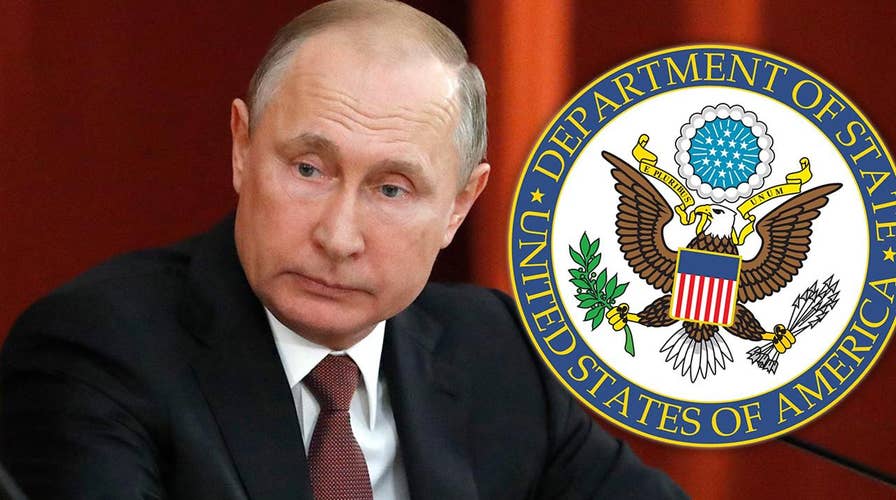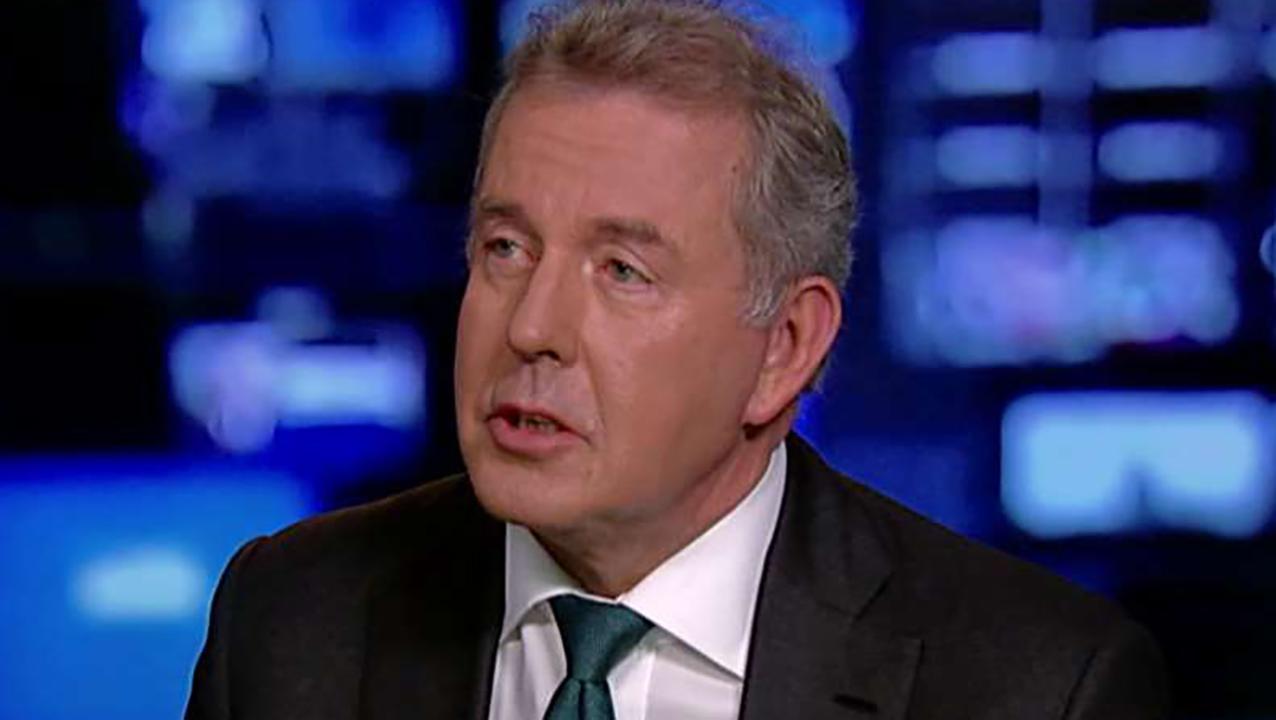State Department announces new sanctions on Russia
Trump administration to punish Moscow for attempt to poison a former Russian spy living in Britain; analysis from Heather Conley, former State Department special assistant.
Russia used "chemical or biological weapons" to try to assassinate a former British spy, the U.S. said on Wednesday, adding that new sanctions would be imposed on the country for the attack.
"Following the use of a 'Novichok' nerve agent in an attempt to assassinate UK citizen Sergei Skripal and his daughter Yulia Skripal, the United States, on August 6, 2018, determined under the Chemical and Biological Weapons Control and Warfare Elimination Act of 1991 (CBW Act) that the Government of the Russian Federation has used chemical or biological weapons in violation of international law or has used lethal chemical or biological weapons against its own nationals," the State Department said in a statement.
"Following a 15-day Congressional notification period, these sanctions will take effect upon publication of a notice in the Federal Register, expected on or around August 22, 2018," the department continued.
The sanctions will be applied against all Russian state-owned enterprises, a senior State Department official told Fox News, adding that around 70 percent of the Russian economy would be affected, influencing hundreds of millions of dollars’ worth of trade.
Both the Russian government and U.S. allies were formally informed of the decision to impose the sanctions on Wednesday, the official said.
Skripal and his daughter were poisoned by the military-grade nerve agent in the British town of Salisbury in March.
Britain earlier accused Russia of being behind the attack, which the Kremlin has denied vehemently.
On March 15, Trump, French President Emmanuel Macron and German Chancellor Angela Merkel and British Prime Minister Theresa May said in a joint statement that they "abhorred" the attack against Skripal.
"It is an assault on U.K. sovereignty and any such use by a State party is a clear violation of the Chemical Weapons Convention and a breach of international law. It threatens the security of us all,” the statement read.
Skripal was discharged from a U.K. hospital in May, following his daughter's April release.
Since the March attack, two other British nationals with no ties to Russia have been poisoned by the substance.
Fox News' Ben Florance and The Associated Press contributed to this report.














































